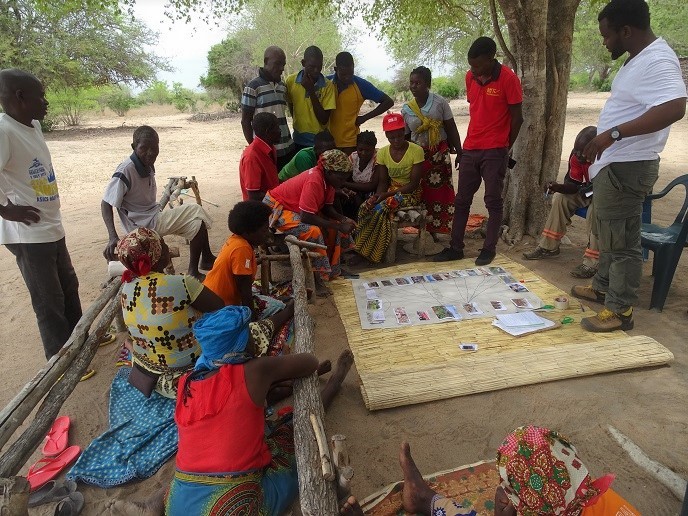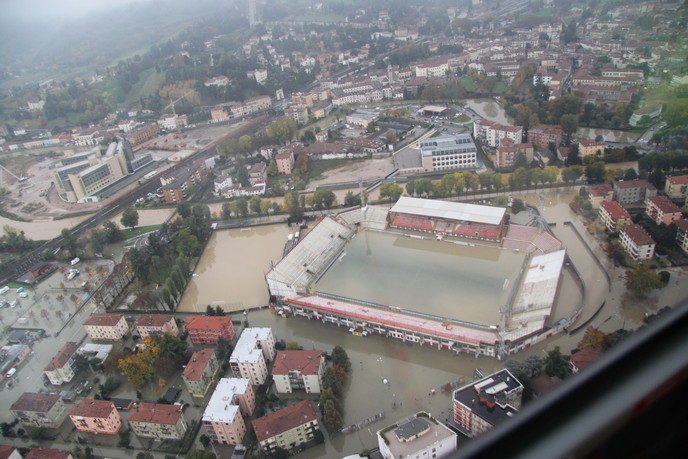How small farmers adapt to a changing climate
The EU-funded ADAFARM project analysed sustainable climate adaptation options for small-scale farmers in Mozambique in south-eastern Africa. The research was undertaken with the support of the Marie Skłodowska-Curie Actions programme. “We focused on the role played by formal and informal institutions and key factors like poverty and gender,” says research fellow Pedro Zorrilla Miras. Initial project work focused on the episodes of hunger due to climate hazards suffered by small rural communities, located in remote areas. “Our aim was to determine the importance of ecosystems as a coping strategy in these situations, and the different opportunities for farmers depending on the woodland cover within their communities,” he explains. In a second phase, researchers investigated how the government and NGOs of Mozambique can improve communication with farmers and how the information can reach rural communities more effectively. “Specifically, we investigated the access to and exchange of information of small-scale farmers in Mozambique, to improve their access to information for adapting to climate change,” notes Zorrilla Miras.
Causes of hunger
Results related to the episodes of hunger suffered by small rural communities showed that more than 80 % of the cases are due to climate hazards like droughts and floods, compared to other factors such as land scarcity, lack of agricultural inputs and pests. Zorrilla Miras remarks: “The most vulnerable families are female-headed households; related factors include having limited access to health and extension services as well as low levels of savings.” The most common strategies for finding new sources of food involved borrowing from family or friends, consuming seeds that were being stored for the next growing season, informal jobs, and food and resources from the forest. Access to a local market was also found to increase the use of natural resources.
Access to information
The second set of results concerning access to agricultural information sources revealed significant territorial differences. According to Zorrilla Miras: “In rural areas far from the national capital, where there are higher poverty rates, access to information sources is very limited and intermittent.” Hence, the use of small solar panels by small-scale rural farmers in Mozambique can be a disruptive technology for the future. “They increase the capacity to use mobile phones and smartphones, increasing local knowledge exchange and promoting big technological and social changes,” he adds. Big gender differences have also been found in the use of information sources. Women make greater use of oral, direct and informal communications within their communities, whereas men use more radios and phones. Women’s illiteracy rates are also higher than men’s and represent a greater barrier to accessing new information than for men. ADAFARM identified that the most important sources of information for farmers are agricultural extension services consisting of government staff working in direct contact with rural communities. “However, this is difficult due to limited government resources,” Zorrilla Miras says. “Ideally, they should support actors and activities related not only to agriculture, but also to the quality of life of the community, like local organisation, natural resources management, etc.” These conclusions will be shared with the government of Mozambique, NGOs, universities and all other parties working on these issues, to guide and inform their strategies and policies. “Ultimately, the beneficiaries will be rural farmers and the conservation of ecosystems,” Zorrilla Miras concludes.
Keywords
ADAFARM, farmers, Mozambique, rural communities, hunger, climate change, gender, ecosystems, nature-based solutions, solar panels







